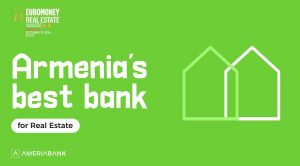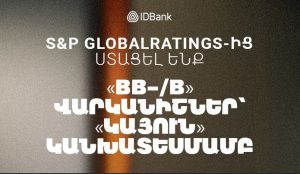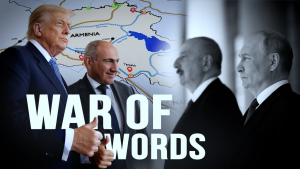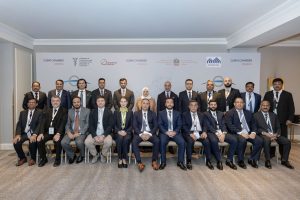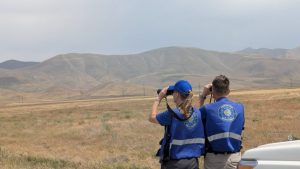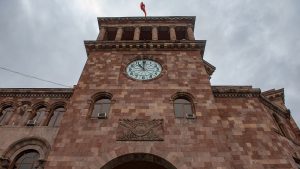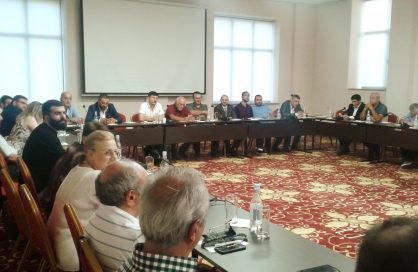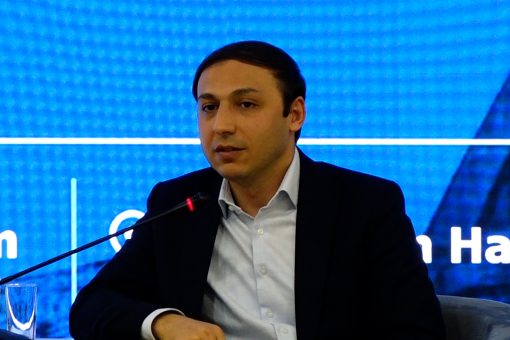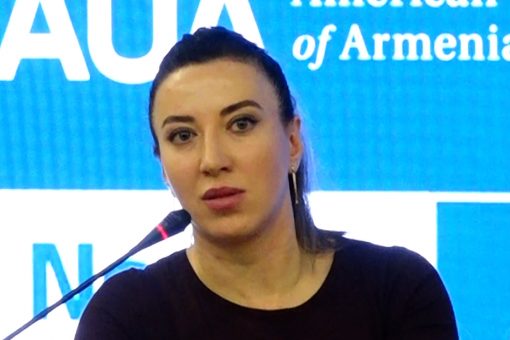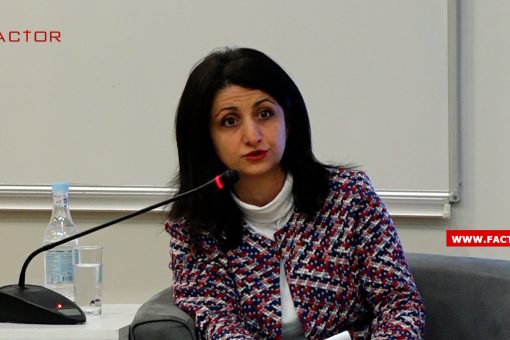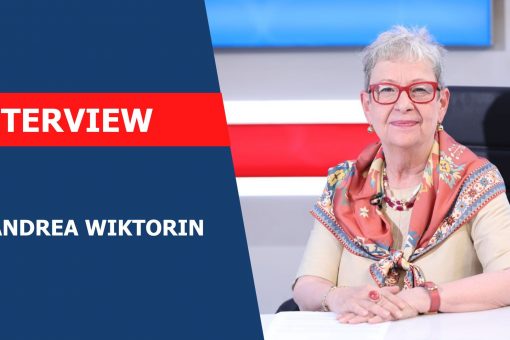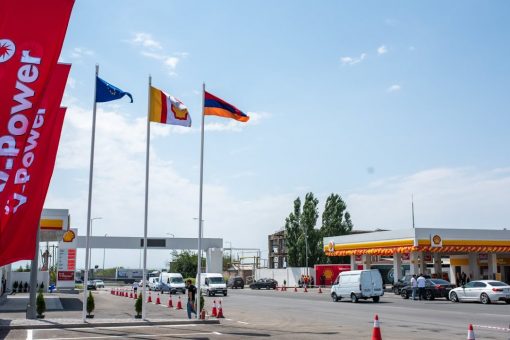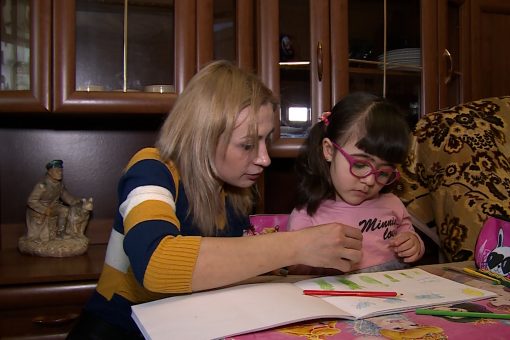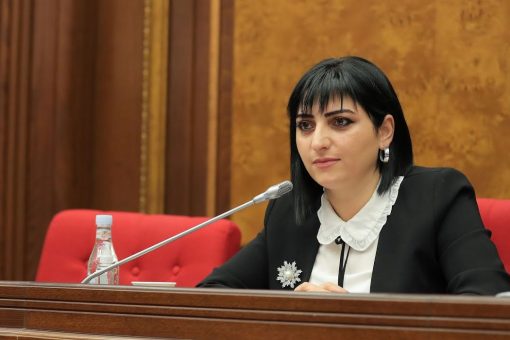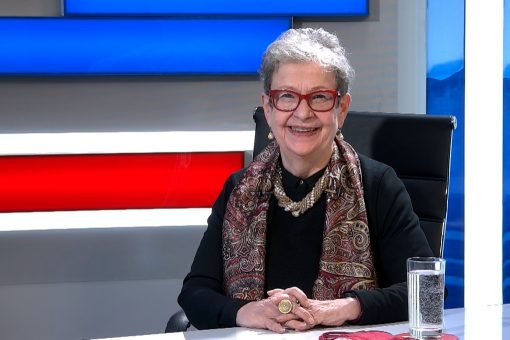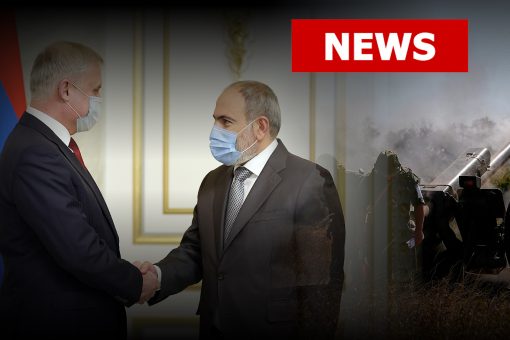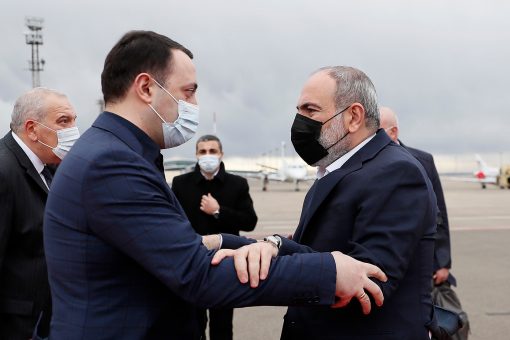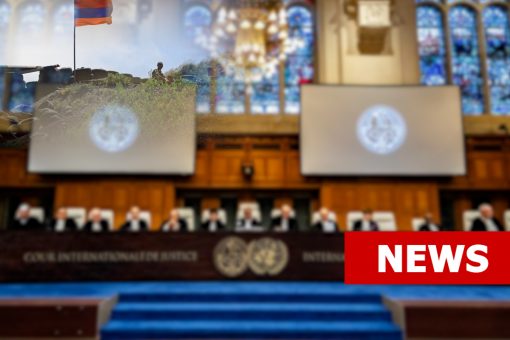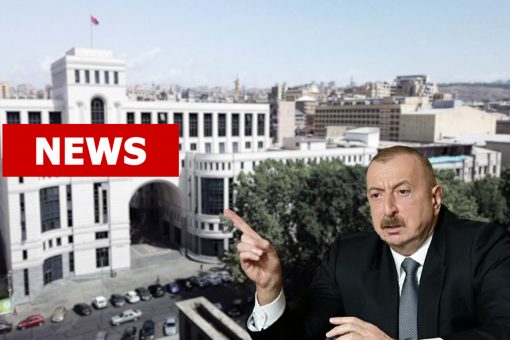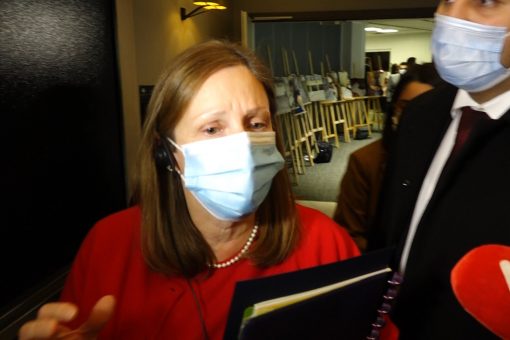Anonymous companies appear in 70% of cases of revealing large-scale corruption cases. Shushan Doydoyan. VIDEO
POLITICS
24.03.2022 | 16:00Legislative provisions concerning regulations on the transparency of beneficial ownership gradually come into force in Armenia. They will begin to be applicable for more and more people and companies.
Factor TV and Freedom of Information Center of Armenia launched a series of interviews on this topic. Our first interview will be with Shushan Doydoyan, the president of the Freedom of Information Center.
-Thank you for accepting our invitation. First of all, let me ask about inclusion, as now the coverage is much wider than it was at the beginning. It turns out that anyone running a business or company should be included in the system. Who are these people and how will they be involved?
-The transparency of beneficial ownership is a new concept in the world, and in Armenia, too. The Governments are trying to ensure business transparency and accountability to society through various regulations and mechanisms.
One of the main objectives is preventing, for example, money-laundering offences. It also guarantees that various business links are not used for illegal financial transactions, etc. It also aims at ensuring that officials and politicians are not directly involved in business governance and do not have control over business activities.
In Armenia, the process started in 2017-2018, but in general, the entire business sector is gradually getting involved in the process of beneficial ownership transparency. Last year, the full legislative package was adopted, according to which all companies providing public services, including telecommunications, have to submit a Declaration to the Agency for State Register of Legal Entities starting from September 1. The Declaration should be according to the established sample and procedures. All organizations submit BO Declarations, in which they provide data about beneficial owners of their organization.
– What does “Beneficial ownership” mean in general?
– Ok. Let me first of all introduce the stages and afterwards explain who the beneficial owner is. Just within 2 months, a group of private companies has already submitted the data concerning beneficial ownership. At the next stage, all limited liability companies are involved in the process. By March 1, 2023 even NGO’s will be involved in the process.
Coming to the questions: who are the beneficial owners and where will the companies provide information? Keep in mind that a part of the provided data will become available to the public due to the Public Register. The beneficial owner of an organization is an individual who owns shares (participation rights) in a company or the individual who controls the organization by other means. According to our legislation, in the mining industry the beneficial owner is a person possessing 10% or more of the ownership shares, for other spheres of business – 20%.
To clarify even thoroughly, the beneficial owner is an individual who can affect and have influence on the strategic decision-making process. For example, he can change governing body’s staff or board members, or dismiss them.
-In other words, besides the percentage, he also manages the company?
–Yes, because an individual may not own shares of a company at all, but in fact can have a huge impact and influence on the decision-making process as a whole. And here is a fairly large list of data about beneficial owners. Companies should fill in the established BO declaration and submit it electronically to the State Register.
At first glance, this seems quite difficult, but I think that it seems hard only at the beginning of the process, because on the other hand we have to understand the benefits that companies can get from this process. First of all, all self-respecting investors want to have guarantees that the business they are going to invest in is fair and operates honestly and openly.
This is the number one criteria on how transparent is the data concerning beneficial owners of the company. It can enhance foreign investors to become more interested and start investing more actively.
Let me provide one more indicator: in general, anonymous companies (when there is no information of beneficial owners or beneficiaries), appear in 70% of cases of revealing large-scale corruption and crimes. In fact, this will protect businesses from corruption crimes, which have a really negative impact on any society as a whole.
-You talked about officials, please, let’s clarify what it means when an official is linked with a company and how it can be identified?
-There are cases when founding documents do not have any remark that a politician or official has an influence in the decision-making process of the business. That’s why we did it, because they insist that everything is normal with the documentation of the business. The business is registered in the name of a relative or a driver, but in fact the beneficial owner of the company, the one who has benefited from the business is this or that official. Everyone knows and talks about it, but it is impossible to know anything and have proof about it through documentation.
Journalists and civil society groups do not have the opportunity to get an evidence about it also, so they cannot make valuable disclosures to fight corruption. This process comes to help and promote identification of these hidden advantages and politicians with interests, governmental officials, people involved in the field of public administration will be identified.
Of course, this doesn’t mean that everyone will start honestly publishing the data, as it means they are having business which contradicts our Constitution, so there is a risk that a complete data will not be published or unreliable information can be declared, which is a real risk also. It’s a real challenge: how to verify and be sure that the declared data is accurate and reflect the precise information, as they can declare the data already included in the documents and not the data that reflects reality.
-People do not want to disclose their internal issues. They don’t want the journalists to know who the beneficial owner of the company is. Do they have such a right, is such a desire justified?
-Yes, it is justified, as we have to understand the benefits of the process. Of course, there is a counteraction and unwillingness from the business side to reveal data not only in Armenia, but in general, as the process is going on throughout the world. But the benefits it can bring both to a particular country and in common, for other countries, are much greater.
As I have mentioned it can help to promote investments, as no one wants to deal with companies that make non-transparent and secret deals, the investor does not want to invest in a company that may be involved, for example, in money laundering or corruption.
Everyone wants his/her investments be truly effective and serve its aim. One of the first circumstances proving aforementioned is the willingness of the company to reveal data of its beneficial owners. That’s why the State has established certain mechanisms and obligations for business.
However, I think there are some problems, first of them, as I have already mentioned how to verify and make sure that the submitted data are correct and the process does not turn into something artificial. During conversations, the representatives of business told that the country already had the necessary data as the founding documents are presented to the relevant bodies, etc. But very often that documents are irrelevant and do not reflect the reality, as they do not reveal who is the beneficial owner and gets a benefit from the company.
The term beneficial is very expedient as it really specifies who really has benefited from the business. It reveals the names of beneficiaries not included in documents but, in fact, gaining profit from the company, instead of the data of founding documents. The public should know about it.
The same refers to media business and organizations. The founding documentations are available, they include certain names, but the society has doubts that some media belong to certain politicians, parliament members, etc. The public has a right to know.
As far as we don’t know who stands behind the media, we cannot truly evaluate whether the provided information is reliable, or manipulative and fake. That’s why in the first stage of the process were involved media companies. It is crucial to know who pays to have trust in the media. The content is ordered by the payer.
-You have mentioned that the full information is provided to the State and some part of the data is revealed. Could you specify which part of the data is available publicly and what can find out journalists and NGO’s due to that information?
-Only personal data remains unpublished as the person’s privacy may be compromised. A really valuable amount of information will be revealed and not only journalists and NGO’s but citizens, who want to control and scrutinize, get information about beneficial owners of the companies they are interested in, can get information through e-register.am webpage. In the “search” section of the site, we just need to enter the name of the company. We should be attentive to view the latest, updated version of the Declaration, because the changes may occur over the time. The company should notify about any changes to the State during 40 days.
The data concerning beneficial owners can be viewed in different formats for journalists. They can also see the chart showing the ownership chain of an organization, as well as in the form of visualized data. Unfortunately, these formats are not available for citizens and they have to pay some fee for access to complete data. For the media there is wider available information.
Maybe this approach is somehow justified, but I don’t share this viewpoint. For me, any member of society should have the complete right to have access to open data. The differentiation is a kind of discrimination. However, according to our Legislation, the media have the opportunity to access a wider range of data than ordinary citizens. By receiving data, for example, concerning ownership chain, the journalists can combine and compare the information with the data available in other registers, for example, Asset Declarations registry, compare the information and understand involvement of officials.
They can also compare the information from the Voters Register (on the website of the Central Electoral Commission of Armenia) or Register of Population. What’s more, they can go even further and compare the data with the information from similar Registers of other countries, for example Great Britain, Ukraine, etc. to find out and get evidences of their involvement in an international platforms, especially when we refer to the field of business relations with the participation of citizens of other countries, especially of offshore.
What I want to say, that the information of these registers seems limited, but when we combine the available data from other sources also, including the data of international beneficial ownership registers, the results can be quite impressive.
More complicated ownership chains can make even effective identifications about crimes. Such disclosure cases are already made with various international investigative journalistic organizations and journalists, as well as law enforcement agencies of other countries. For example, one of the latest shocking disclosure case was in Azerbaijan. The chain of crimes made by the Chairman of the International State Bank of Azerbaijan. He took out $9 billion from the country that served his private business, successfully operating in the UK for many years. Due to the data of Public registers and by combining the available information the investigative journalists were able to reveal and make public this chain. I don’t know what consequences it had, but the system can help to make valuable disclosure of such large-scale illegalities that can be useful for everyone.






